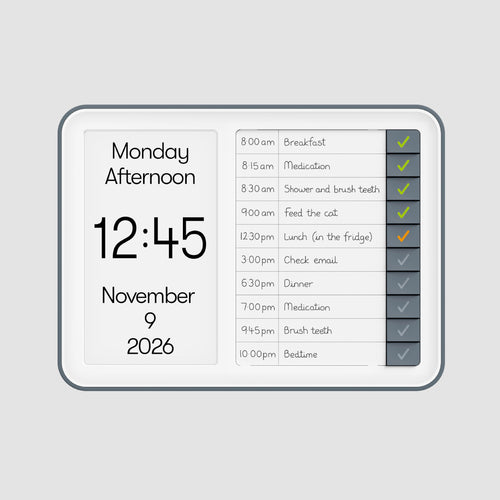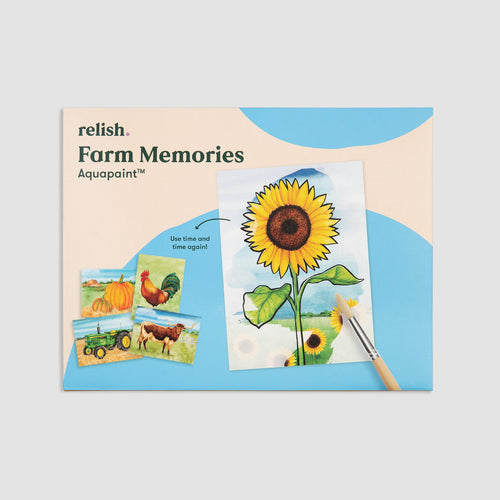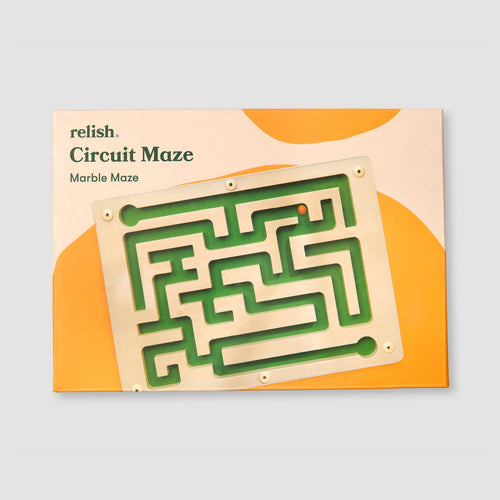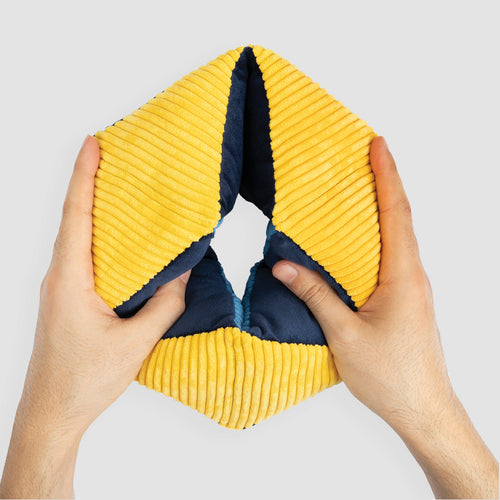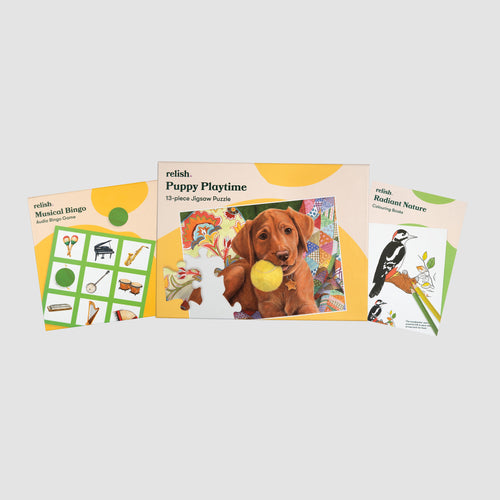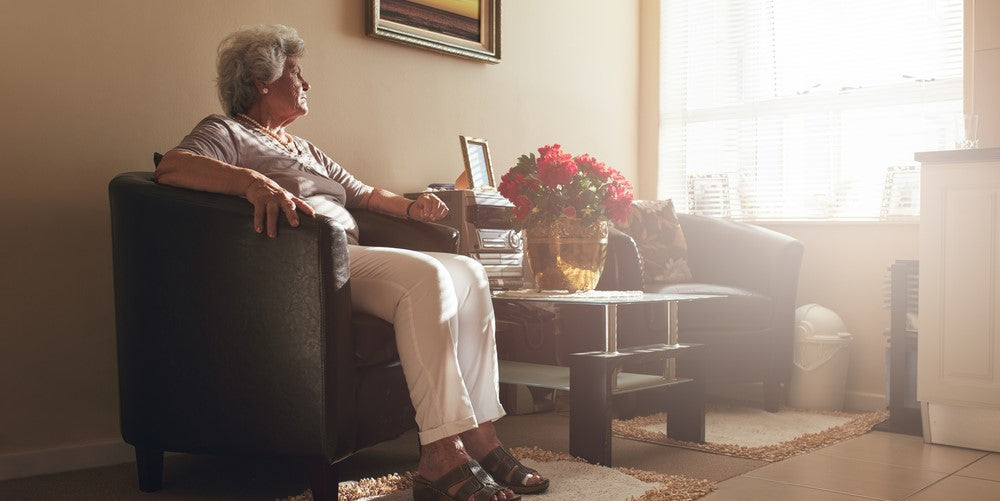Months of social isolation brought about by 2020's COVID-19 outbreak has been difficult for everyone, though the toll it has taken on people living with dementia has been particularly palpable. People with Alzheimer's, dementia and other forms of memory loss are already vulnerable to feeling detached and alone. However, this forced quarantine and self-isolation has compounded feelings of separation and depression that is becoming much more prevalent in the dementia community.
Maintaining Connections is Key
Stimulating the mind, body and spirit is essential to maintaining sharp senses and minimizing the effects of memory loss – with social and emotional well-being at its core. Mental wellness has shown to have a significant impact on physical abilities, and for those with dementia, it could mean the difference between living and thriving through this lockdown period, or simply existing in times of darkness.
The best thing you can do for those affected by dementia or Alzheimer’s is to be present in their lives. Whether physically or at a distance, maintaining connections to friends, family and loved ones is key to their wellbeing and combating inevitable isolation as we all navigate the throws of COVID-19. Doing things together, even something small, will help bring connection that ultimately injects a feeling of happiness. In addition to companionship, engaging those with dementia through activities and interests staves off boredom and frustration that can also plague people with memory loss. Maintaining some semblance of calm and composure is crucial at any point for wellbeing, but particularly necessary in times of a volatile health crisis.
Engaging & Stimulating Opportunities People living with dementia thrive on cognitive and associative activities to keep their minds sharp, but they also find genuine joy in hobbies and creative outlets that remind them of who they are. Relish offers games, puzzles, sensorial resources, memory boards, and crafts that are tailored to people living with Alzheimer’s and dementia – with emphasis on “living.” Why living? Because these activities are more than just ways to pass the time, they’re ways for people to make meaningful connections, spark nostalgia, experience excitement, happiness and a contentment that can easily be lost with memory loss. When considering ideas to combat isolation for people with dementia during lockdown and quarantine, consider the following:
1 – Family Time
If you are all under one roof you may be tired of all the “togetherness” but how much of that is quality time? Being present is more than just physically being next to someone, it’s about a level of engagement. And that doesn’t take much. Watching favorite shows together, listening to favorite music, playing board and card games, or going through old photo collections can be a great way to prevent isolation. This maintains family bonds and preserves memories to those living with dementia. Conversation, and even the smallest of small talk is meaningful to those feeling a sense of loneliness. And don’t let physical distance stand in your way of family time. Set up a videoconferencing service like Facetime or Zoom so that they can have remote get-togethers with people who cannot travel.
2 - Creative Stimulation
Creative activities are great outlets for people with dementia. Numerous studies have shown that creative and/or artistic endeavors can help slow the progression of memory loss. Art in and of itself is a form of communication that can help express feelings and be a catalyst of interaction. Painting kits, for example, are universally enjoyable and appeal to people at every stage of dementia. Aquapaint water colouring sets, colouring books and magnetic boards can be enjoyed solo or in a guided group setting.
Stimulating the senses through creativity, imagination, and memories can be done through familiar scents and sounds. While one may not be able to leave their homes, through sensorial activities you can feel transported to your favourite spot in the garden or listen to the sounds of crashing waves seaside.
3 – Sharpen the Mind
Revive that innate competitive nature while slowing the progression of Alzheimer's and dementia. Basic brain teasers such as word searches or crosswords stimulate the mind, as well as keep verbal skills sharp. Jigsaw puzzles are aimed at improving manual dexterity with pattern recognition, but did you ever notice the intrigue that comes from all of these challenges?
What most people don’t recognise is that in addition to keeping the mind muscles intact, you’re also throwing down the gauntlet and allowing ones competitive nature to invigorate the senses. At one time or another we’ve all enjoyed a good challenge - whether with oneself, or in an epic battle to beat another. It’s this type of stimulation that often goes overlooked but is important to the wellbeing of those with dementia and Alzheimer’s. It’s maintaining a sense of who you are that resonates with social and emotional wellness and sparks a glow in those living with dementia.
In such a tumultuous time we are all looking for solace, but more importantly, we need to look out for those at a greater risk. For people living with Alzheimer's, Lewy Body, Vascular and other forms of dementia we must emphasize the joy and small pleasures that can comes from maintaining connections in order to combat isolation. Whether through engaging games and activities, or small gestures that prove they are not alone, it doesn’t take much to show how much you care, and together we can bring happiness to those living with memory loss.
